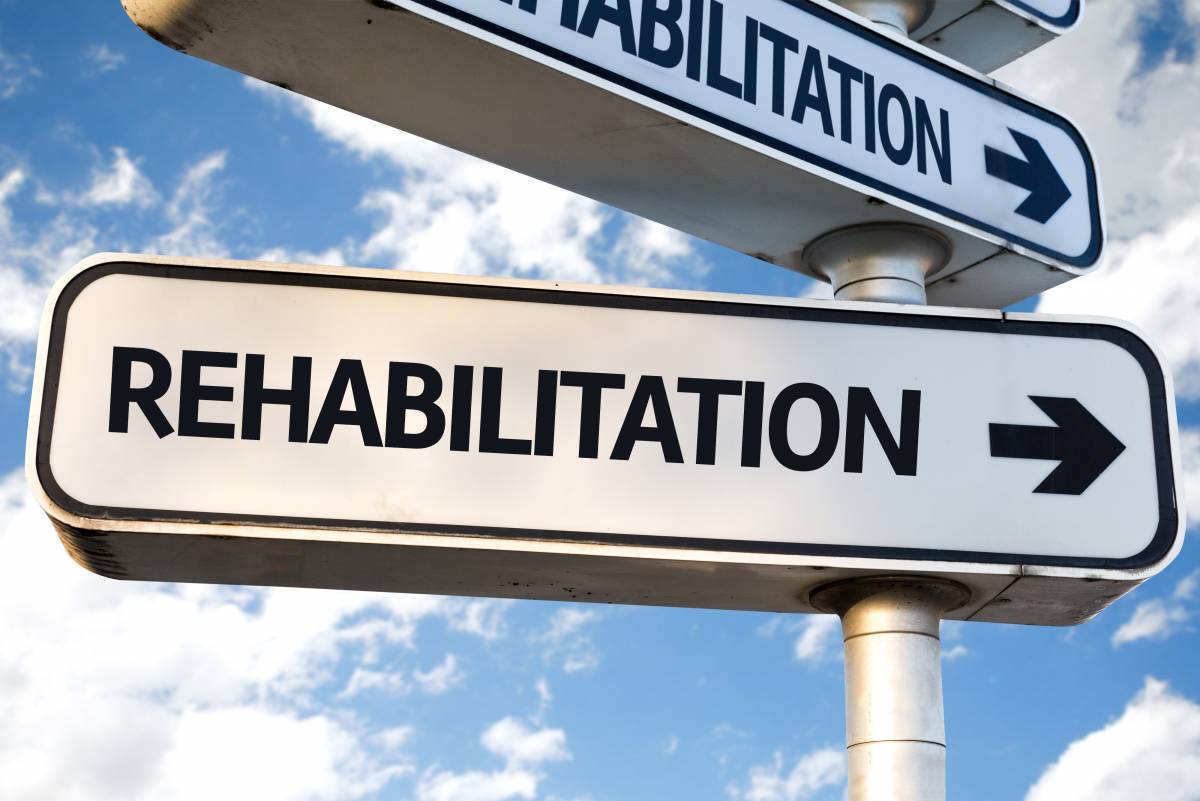£2 million study could help physiotherapists to deliver optimal home-based rehab programmes
Two studies that aim to improve rehabilitation after arm fractures have received a £2 million funding boost from the National Institute for Health and Care Research (NIHR). The REACH and WISE trials both investigate new physiotherapy approaches to rehabilitation, enabling patients to carry out progressive exercise programmes at home.
David Keene, an associate professor in trauma and orthopaedics at the University of Exeter, is the chief investigator on both the REACH and WISE trials. REACH is a collaboration venture involving researchers from the universities of Exeter, Oxford and Bristol. The trial, which focuses on rehabilitation after shoulder fractures, has been awarded £1.7 million from NIHR’s Health Technology Assessment programme.
The aim of the REACH trial – which is led by Dr Keene and Professor Matthew Costa from the University of Oxford – is to discover the best rehabilitation approach to support people in the wake of a shoulder fracture.

Universities to collaborate with NHS trust
Patients are usually asked to see a physiotherapist a number of times, which can be tricky for people who live alone or have poor social support networks. The study will look at whether a single best practice session – with clear instructions and videos of exercises patients can do at home – could be a viable alternative to attending a full course of physiotherapy sessions.
Dr Keene also acts as the chief investigator with the WISE trial, a collaborative venture involving researchers from the universities of Exeter and Oxford, and the Oxford University Hospitals NHS Foundation Trust. The trial, which will investigate whether adding a flexibility and resistance exercise programme helps to boost recovery from a broken wrist, has received £357,000 from NIHR’s Research for Patient Benefit programme.
Fractures can take a long time to recover from, particularly as people get older, and a good rehabilitation programme is really important to restore function of the limb and improve quality of life [David Keene]
Physios' role will be key
Broken wrists are relatively common, representing about one in five of all the bone fracture cases seen in UK hospitals, and can trigger long-term muscle weakness of the hand and arm. Participants in the WISE trial will receive usual treatment plus three sessions with a physiotherapist or occupational therapist who will guide them through progressive exercise programmes. Patients will also receive training materials to carry out the exercises at home.
Dr Keene said: ‘Fractures can take a long time to recover from, particularly as people get older, and a good rehabilitation programme is really important to restore function of the limb and improve quality of life.'
He added: 'However, there is limited scientific evidence as to what the best approaches to rehabilitation are. Both of these trials involve exercise programmes that people can do at home, which we hope – in combination with high-quality advice – will enable people to recover successfully.’
For more information, click
Author: Ian A McMillanShare it with














